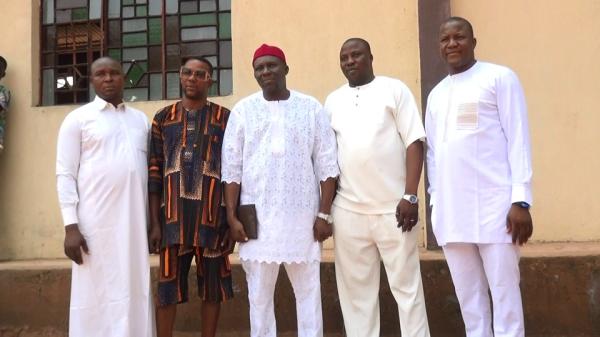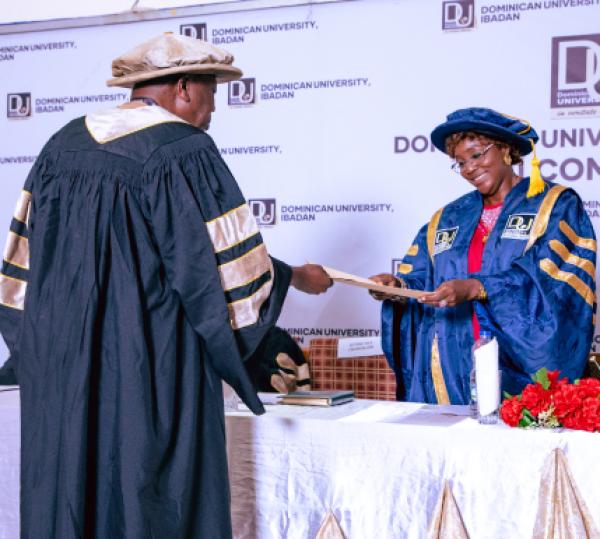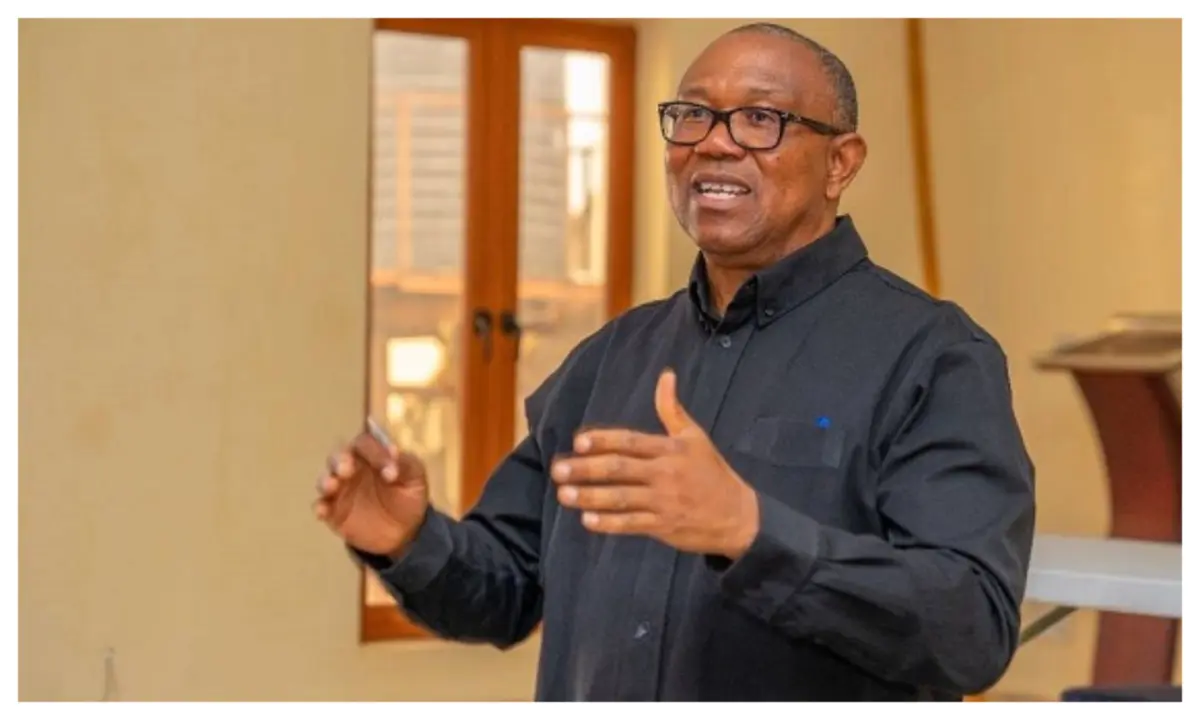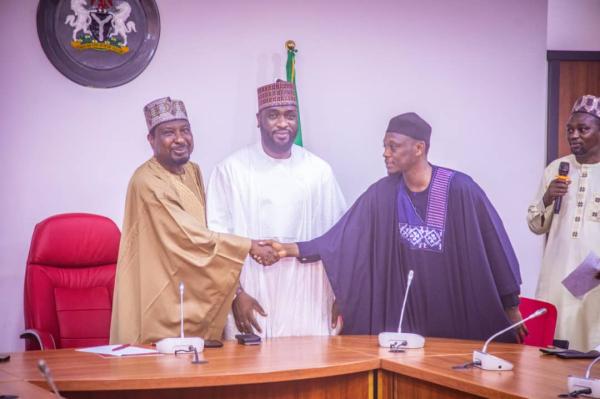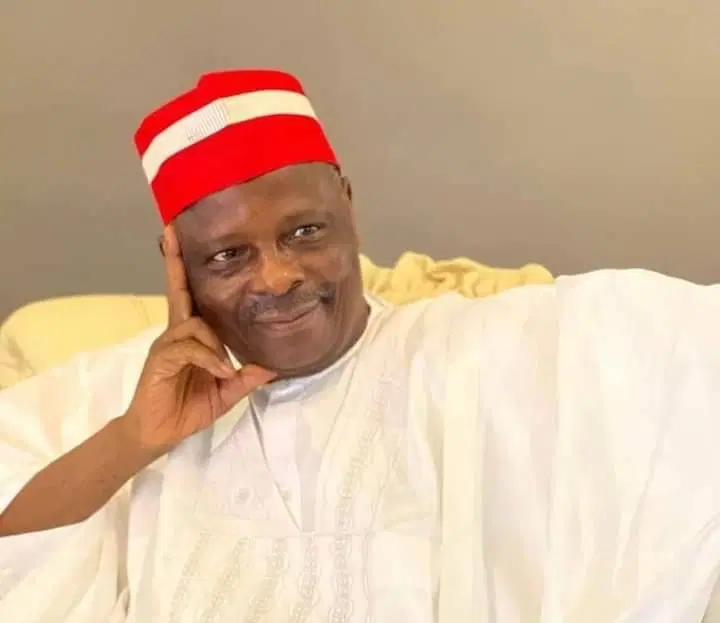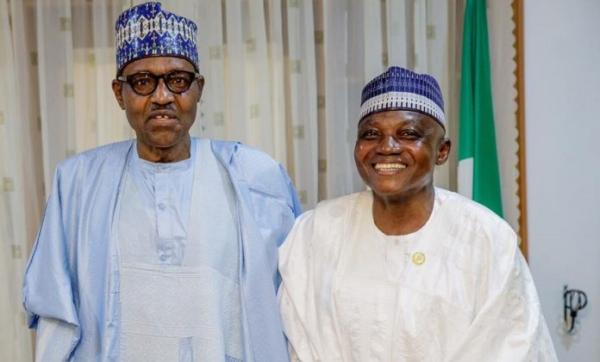
Fresh facts have emerged on why former president, Muhammadu Buhar, did not remove fuel subsidy.
After many decades of foot dragging by the Federal Government on removal of subsidy petroleum products which was costing the country trillions of naira, President Bola Tinubu, in his inauguration speech on May 29, declared that there would no longer be a petroleum subsidy regime as the 2023 budget did not contain it.
“We commend the decision of the outgoing administration in phasing out the petrol subsidy regime which has increasingly favoured the rich more than the poor. Subsidy can no longer justify its ever-increasing costs in the wake of drying resources.
“We shall, instead, re-channel the funds into better investment in public infrastructure, education, health care and jobs that will materially improve the lives of millions,” he said in the first policy directive of his administration.
That move has been eulogised by political and business leaders as a bold, calculated and courageous move.
But reacting through his immediate past media aide, Garba Shehu, the former president said he “didn’t fail to remove subsidy” but retained it because he wanted the All Progressives Congress (APC) to win the 2023 presidential election.
Garba, who made this known on his verified twitter handle, yesterday, said many opinion polls and survey conducted before February 25 presidential election showed that the APC would have lost and that removing subsidy at that time would have been disastrous for the party.
He said he has refrained from answering questions on the removal of fuel subsidy because he believes the APC is best suited to speak on them but that since the party has failed to do it, they were now forced to speak.
“Why did it take the new Tinubu/ Shettima presidency weeks to remove the petrol subsidy when Buhari didn’t do so for years fails to ask the right question.
“The massive electricity subsidy, the fraudulent fertilizer subsidy, Hajj/Christian pilgrim subsidies. Remember them? The diesel subsidy. The aviation fuel subsidy, kerosene, cooking gas and the other subsidy policies we found in place and put them firmly on the ground. Remember them?
“For those with short memories, many of those subsides were all in place when president Buhari was elected to office in 2015: all those in place were gone by May 2023 – including the annual fertilizer subsidy that weighed 60-100 billion Naira (that’s trillion naira in about 10 years – yes you read that right) heavy on the federal budget each year.
“So no, Buhari didn’t remove the petrol subsidy but in vitally important stages he removed every other budget-busting, egregious, economic-growth-crushing subsidy along the way.
“We must be politically honest with ourselves. The Buhari administration in its last days could not have gone the whole way because the APC had an election to win and that would have been the case with any political party that was seeking election for another term with a new principal at its head.
“Poll after polls showed that the party would have been thrown out of office if the decision as envisaged by the new Petroleum Industry Act was made.
“The decision to remove subsidies, as in our case – and we believe in all situations – was not for the President to take all by himself. That’s why it’s important to remind ourselves and all those who have conveniently forgotten, that Buhari administration had been on this pathway from the very beginning in 2015.
“It could not have come at a time when tensions were high in the country and no responsible leader would have added fuel to the fire.
In the view of many-including those in the security circles- only a new administration with a goodwill that fills a warehouse can attempt this, and here now comes in the wit and grit of the Tinubu government.
“We do not want to distract them from the onerous tasks facing them and the nation. Neither is it our wish to take the spotlight away from them in any way. In terms of the timings of the decisions to remove fuel subsidy and unify the currency, the Tinubu Shettima administration has done overwhelmingly well. Even more importantly, they have been most dexterous in managing the aftermath of the decisions by successfully avoiding any crisis,” Shehu said.












